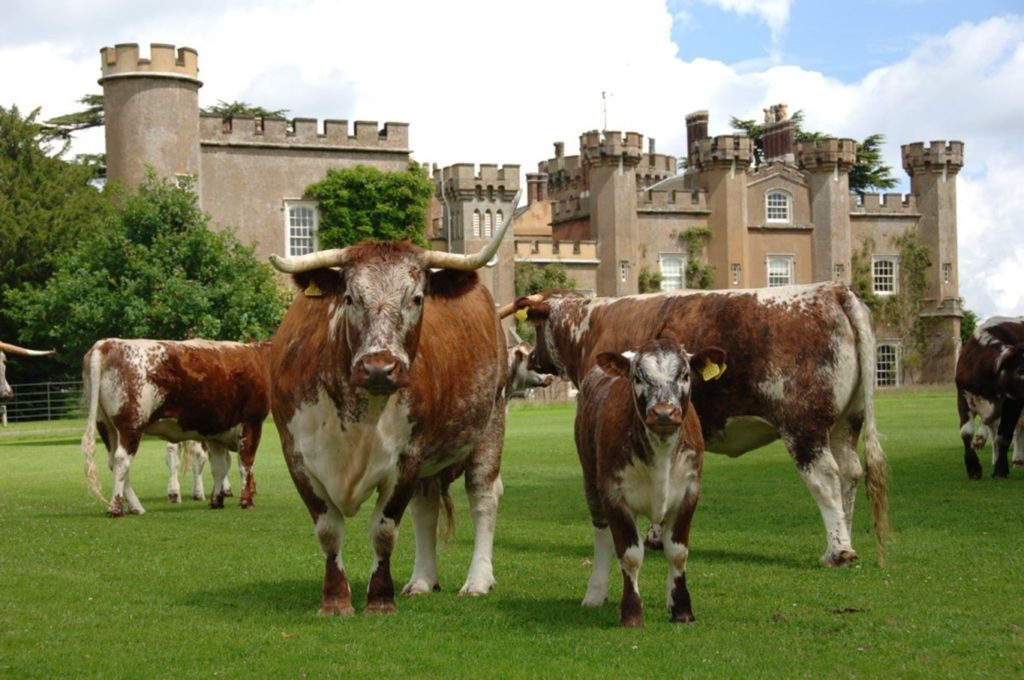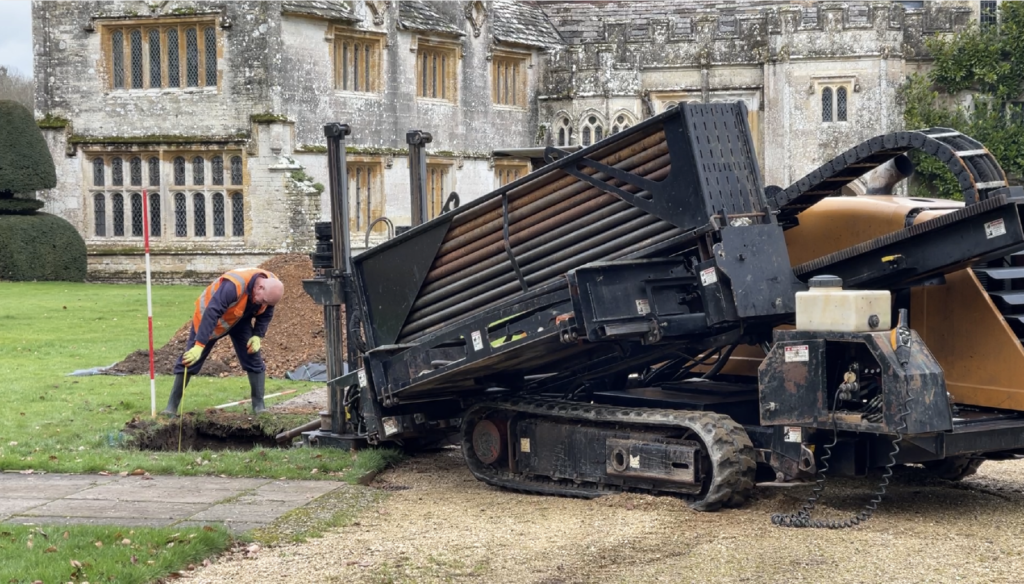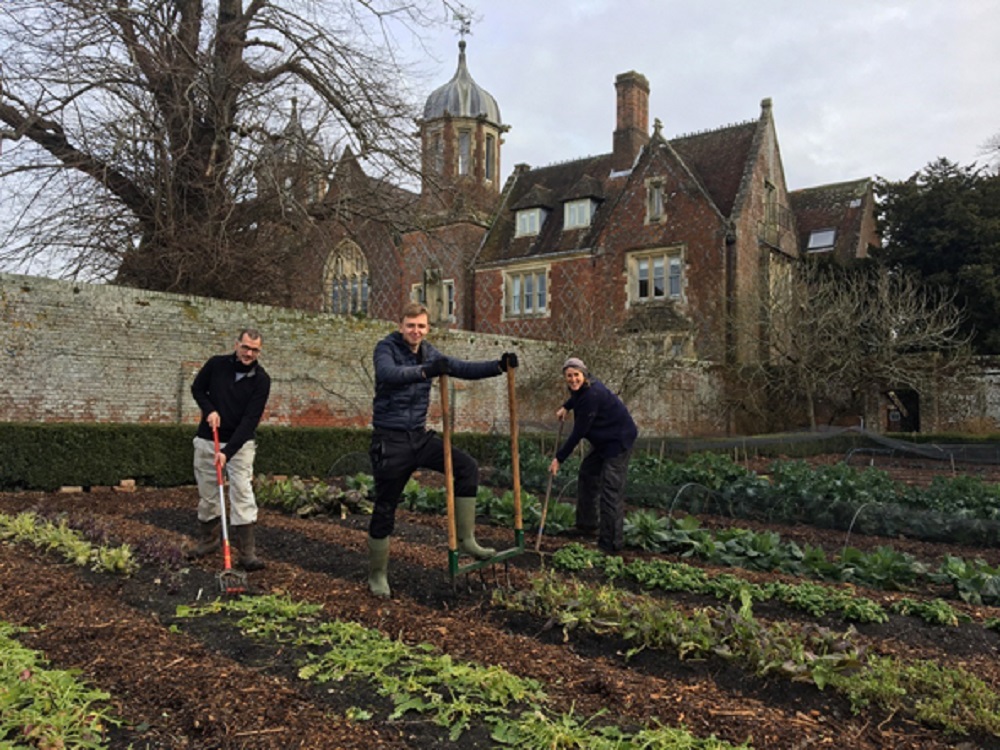Blog by Sarah Roller, Policy & Education Officer at Historic Houses on the future of heritage.
Shared in the lead-up to The Heritage Alliance’s Heritage Debate 2022: Heritage in 20 years.

Heritage in 20 Years: what will matter most?
Heritage is Britain’s USP: Historic Houses represents around 1,450 independently owned historic houses and gardens across the UK and our members know better than anyone the importance of heritage conservation. As we, as an organisation, look towards celebrating our 50th anniversary in 2023, it is clear that whilst some of the challenges of keeping historic houses going – specifically financial ones – remain the same as they did when we were founded in 1973, the most pressing challenge for heritage today is now the climate emergency.
The prolonged heatwave and drought this summer brought the very real effects of climate change uncomfortably to our attention, and unless society takes serious collective action, these effects will cause widespread destruction. This is not to say, however, that many Historic Houses properties have not weathered severe storms in the past. Plague, fire, war and many more destructive forces have found their way to our members’ doors – the houses which still stand today are those which have nimbly adapted in the face of these challenges, whether through physical alterations, embracing modernity or welcoming new faces and audiences through the front doors to maintain a societal purpose.


If the UK’s world beating historic houses and gardens are to adapt – and perhaps even thrive – in the face of the enormous environmental challenges facing them, they too must be allowed to rise to meet the challenges facing us today. Adaptations and alterations to suit modern life have always been part and parcel of these buildings, and installing green energy measures is no more radical than installing electricity would once have been. Promoting sustainable farming practice on centuries-old estates to ensure that they continue to provide pasture and fertile soil for farmers is hardly revolutionary. Ensuring that gardening practice combines heritage plants and historic planting with modern techniques and plant species which will thrive in current climate conditions is essential if we are to carry on the traditions of English gardens. Making sure business operations are green and encouraging staff and visitors to incorporate sustainable travel into their visits is necessary if historic house businesses are to remain profitable.

Change is not synonymous with heritage, and yet perhaps it should be. There is a real risk that in our desperate attempts to perfectly preserve the UK’s heritage, we will in fact inadvertently end up destroying it. Heritage protection is rightfully built into planning policy, but in a world where caring for heritage is almost universally agreed on, the sector must now turn its attention elsewhere.
Streamlining aspects of the planning system to ensure that it works properly for listed building owners and enables sensitive and appropriate energy-efficiency installations is of urgent importance, as is ensuring that there are robust funding schemes for energy efficiency measures. Joining up policies across government departments to ensure that green behaviour is genuinely incentivised, rather than being encouraged in one department and discouraged in another. Recognising the social and cultural value of heritage – including historic houses – to rural communities, and the joy they bring people as being worthy reasons to work to protect and support heritage. Ultimately, government must facilitate sensitive change and adaptation to heritage or risk losing it forever.
– Sarah Roller (Policy & Education Officer, Historic Houses)

Explore other perspectives on ‘Heritage in 20 Years: what will matter most’ over on our event page for Heritage Debate 2022.

